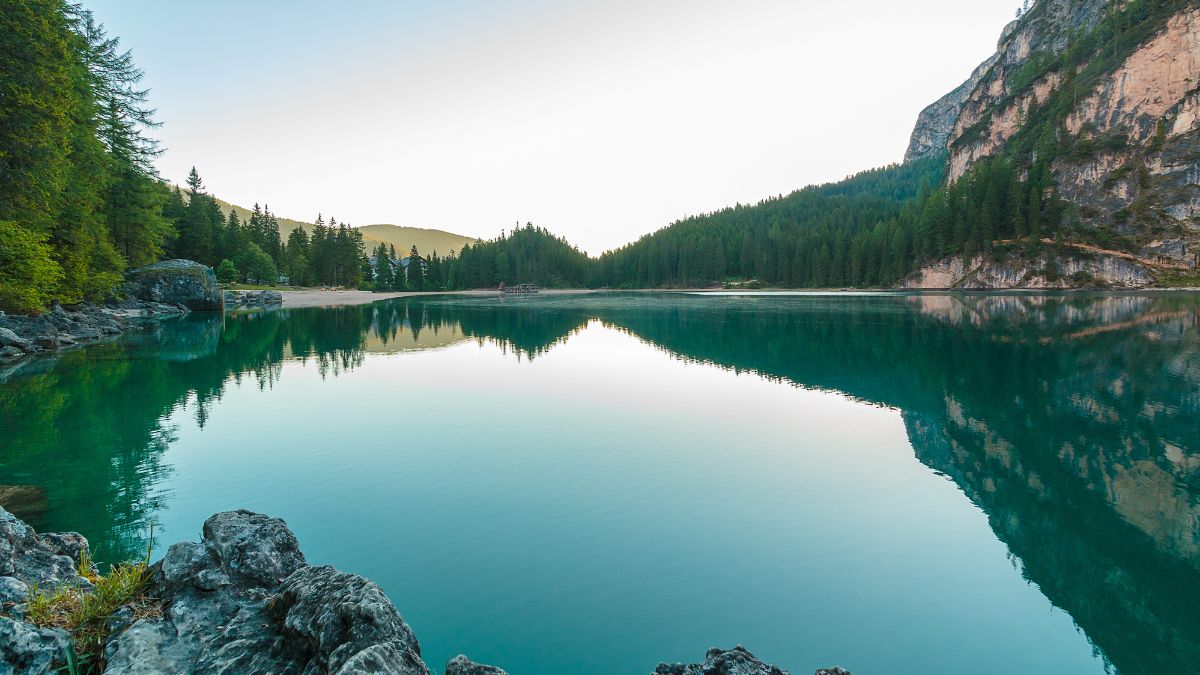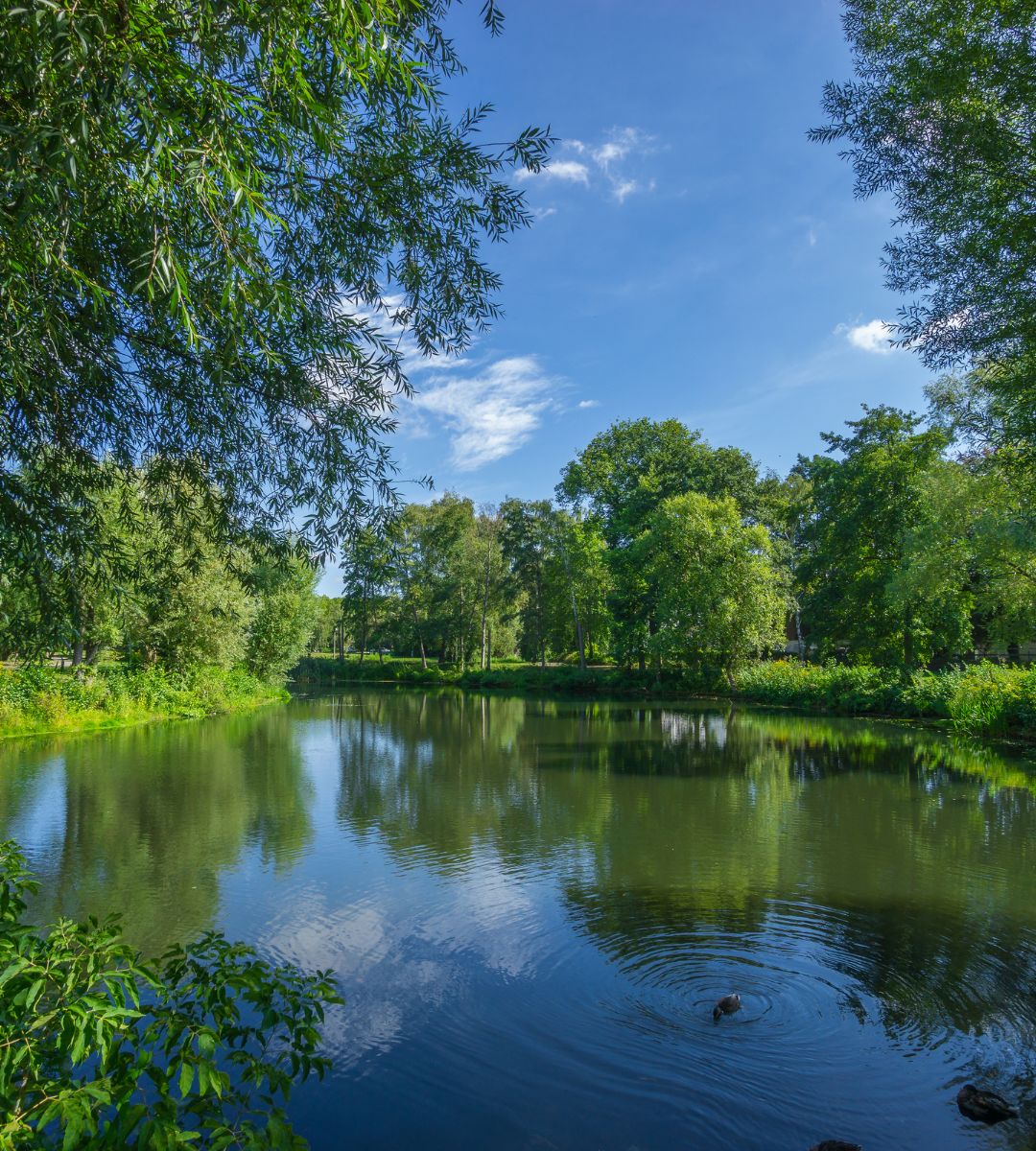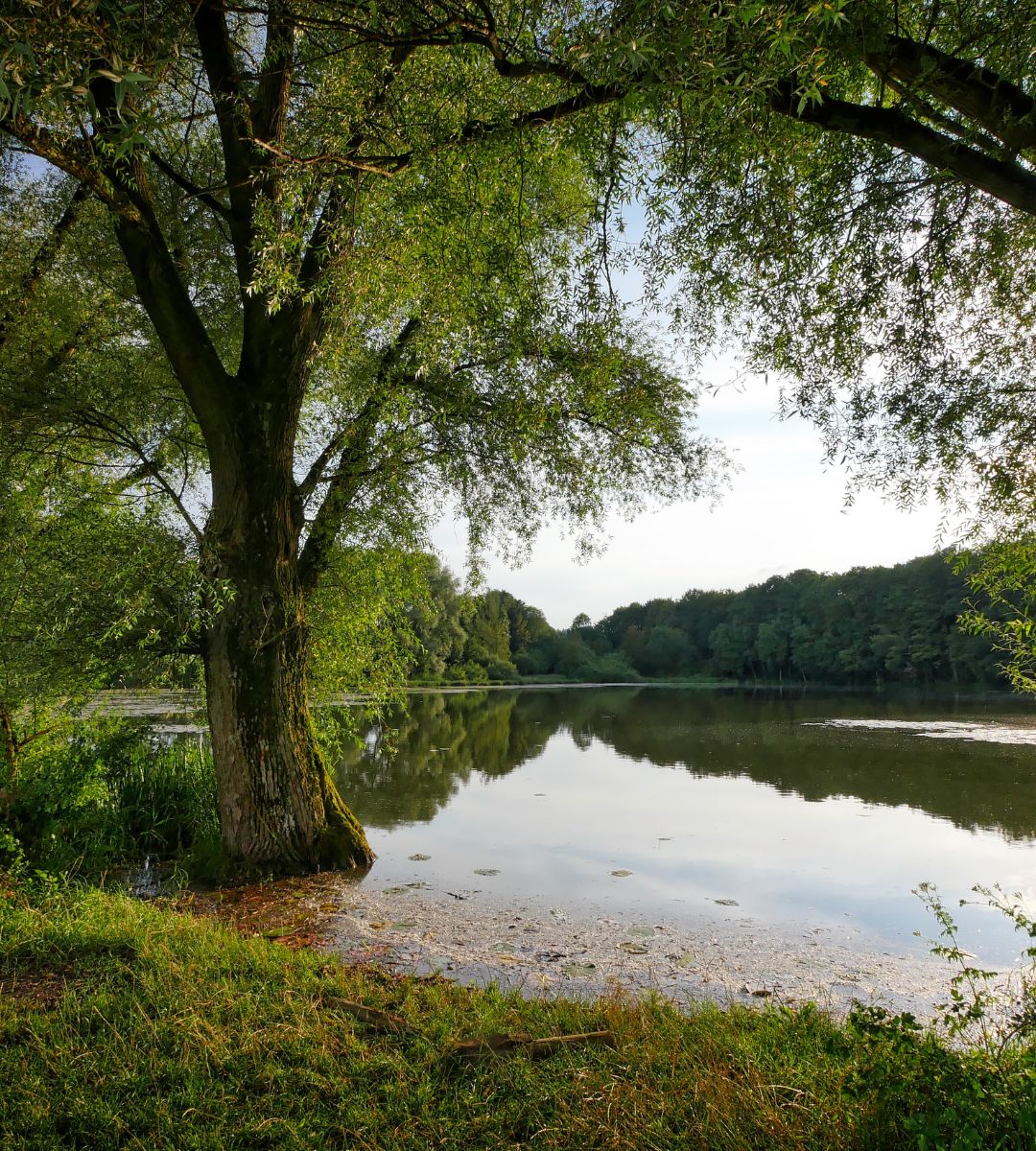
Best lakes in Poland. Travel. Poland, home to over 9,000 lakes, boasts some of the cleanest and most picturesque bodies of water in Europe. These lakes, known for their stunning clarity and vibrant blue hues, offer an exotic lagoon-like beauty right in the heart of Europe. While these natural wonders serve as vital ecological habitats, they also face threats from human activities like mass tourism and pollution. Preserving these ecosystems is crucial for future enjoyment. Below, we explore eight of Poland’s pristine lakes that are as breathtaking as they are important.

Explore Poland’s purest lakes
According to the Chief Inspectorate for Environmental Protection, these eight lakes stand out for their exceptional water quality:
- Lake Budzisławskie (Gniezno Lake District, Greater Poland) – A diver’s paradise thanks to its remarkably clear waters.
- Lake Karskie Wielkie (Myślibórz Lake District, West Pomerania) – Celebrated for its untouched, natural surroundings.
- Lake Kirsajty (Masurian Lake District, Warmia and Masuria) – Part of the scenic Great Masurian Lakes, renowned for its pristine water and forested banks.
- Lake Kownatki (Chełmno-Dobrzyń Lake District, Warmia and Masuria) – Ideal for tranquil retreats and relaxation seekers.
- Lake Lubowidzkie (Pomerania) – Nestled among forests, this lake is famed for its superb water quality.
- Lake Malcz Północny (Lubusz Voivodeship) – A hidden gem known locally for its purity and natural beauty.
- Lake Płaskie (Giby, Warmia and Masuria) – Noted for outstanding physicochemical water standards.
- Lake Włókna (Greater Poland) – Offers crystal-clear waters set against a backdrop of stunning natural scenery.
A haven for swimmers and divers

These lakes offer crystal-clear waters perfect for diving and swimming. Lake Ostrowite, located in Tuchola Forest, provides an underwater spectacle where you can see several metres below the surface. Lake Białe Wigierskie and Lake Białe Filipowskie, nestled in the Wigry National Park, are equally impressive and considered national treasures.
Read also: The largest underground lake in the world discovered in Europe
Preserving our natural heritage
The fragility of these lakes makes them vulnerable to human impact. Over-tourism and pollution threaten their ecosystems, necessitating responsible and sustainable practices:
- Avoid using harmful chemicals near the water.
- Ensure rubbish is disposed of properly to protect the environment.
- Support eco-friendly tourism and conservation efforts.
By safeguarding these pristine waters, we ensure that both we and future generations can continue to enjoy the natural beauty of Poland’s lakes for years to come.
